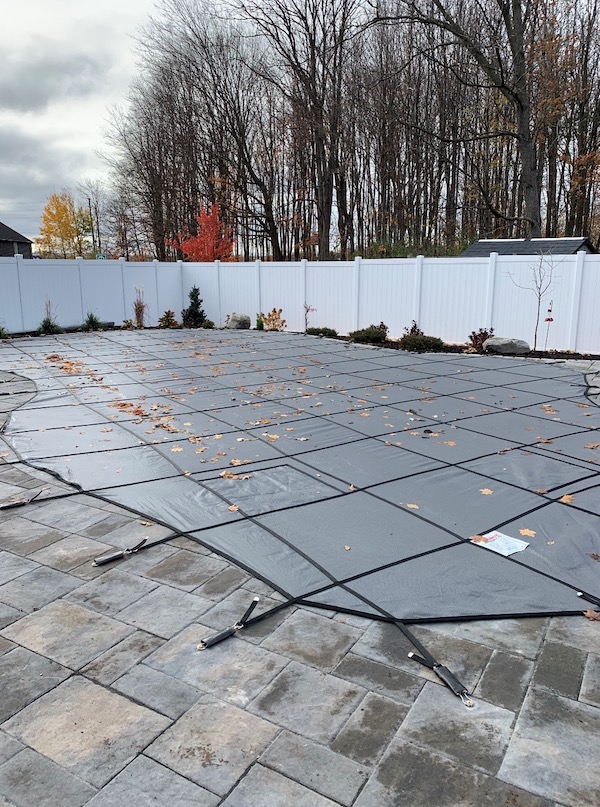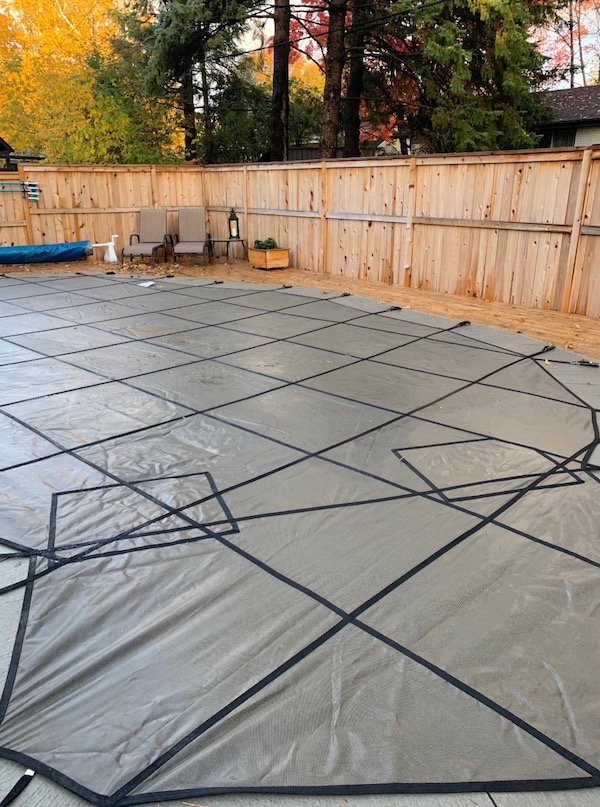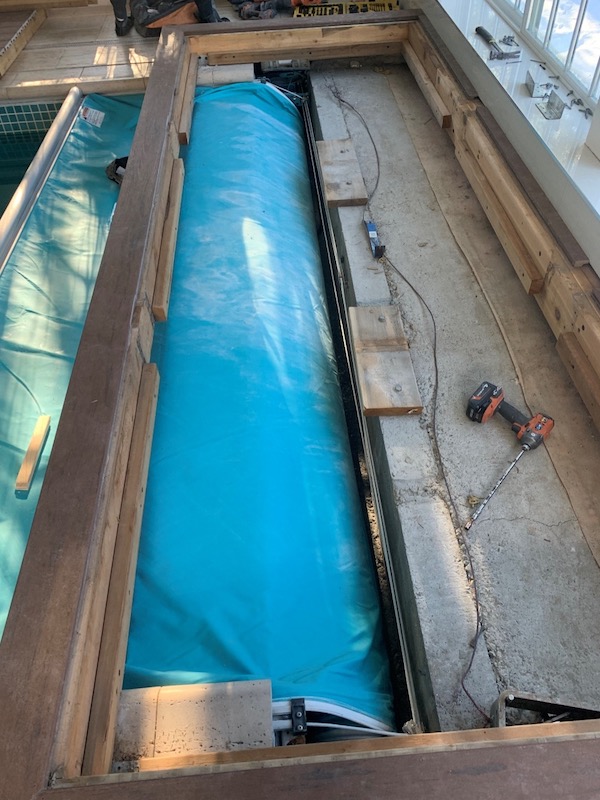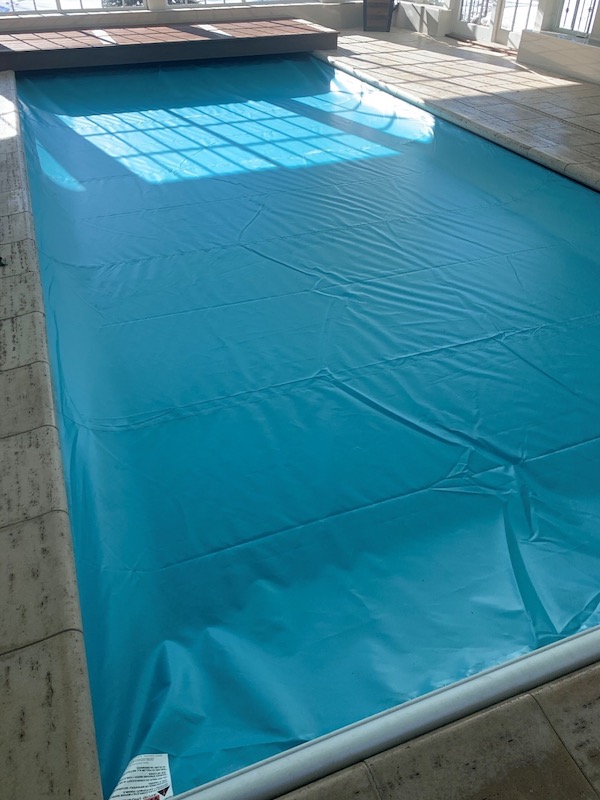Pool Covers


Swimming pools are a great source of entertainment and relaxation during the summer months. However, maintaining a swimming pool can be a daunting task, especially when it comes to keeping the water clean and clear. One solution to this problem is using a swimming pool cover. In this essay, we will discuss swimming pool covers, their benefits, and the different types available in the market.
A swimming pool cover is a material that covers the surface of the pool, preventing debris and other contaminants from entering the water. The cover also helps in reducing water evaporation, which helps save water and reduces pool heating costs. Swimming pool covers come in different materials, including vinyl, mesh, and solid covers. The type of cover that you choose will depend on your needs, budget, and the size of your pool.
One of the most significant benefits of using a swimming pool cover is the reduced need for chemicals to maintain the water’s cleanliness. A covered pool has fewer contaminants, which means fewer chemicals are needed to keep the water safe for swimming. Additionally, a covered pool requires less cleaning, as there is less debris that enters the water. This not only saves time and effort, but it also saves money, as you will need to purchase fewer cleaning chemicals and equipment.
Another benefit of using a swimming pool cover is the reduced heating costs. When a pool is covered, it reduces the amount of water that evaporates, which means that the water temperature remains constant. This reduces the amount of energy needed to heat the water, which translates into cost savings for the pool owner. The amount of savings will depend on the type of pool cover and the size of the pool.
There are different types of swimming pool covers available, each with its advantages and disadvantages. The most popular types of covers are solid covers, mesh covers, and automatic covers. Solid covers are made of vinyl and cover the pool completely. They are ideal for keeping out debris and reducing evaporation. However, they can be heavy and difficult to install and remove.
Mesh covers, on the other hand, are lighter and easier to install and remove. They are made of a mesh material that allows rainwater and sunlight to pass through, but prevents debris from entering the water. Mesh covers are not as effective in reducing evaporation as solid covers, but they are a good option for those who want to keep their pool clean without investing in a more expensive cover.
Automatic covers are the most expensive type of swimming pool cover, but they are also the most convenient. They are operated by a motor, which makes it easy to open and close the cover. Automatic covers can be either solid or mesh, and they offer excellent protection against debris and evaporation.
In conclusion, swimming pool covers are an essential accessory for any pool owner. They help in reducing water evaporation, keeping the water clean and clear, and reducing heating costs. The type of cover that you choose will depend on your needs, budget, and the size of your pool. It is essential to invest in a high-quality cover to ensure that it lasts for many years and provides the protection that your pool needs.


